CoQ10 research. Every three years, the International Coenzyme Q10 Association (ICQA) holds an international conference. Speakers at the 10th conference of the ICQA held in Hamburg, Germany, May 12-15, 2022, made the following presentations:
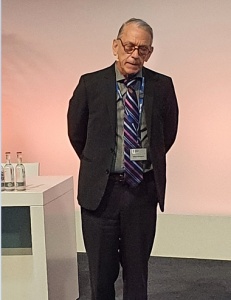
Prof. Urban Alehagen lecturing at the Hamburg conference in May 2022. He emphasized the effect of combined CoQ10 and selenium supplementation for elderly individuals with low intakes of both substances.
Coenzyme Q10 and Ageing
- An ageing-related decrease in growth hormone and insulin-like growth factor 1 result in an increase in sub-clinical inflammation. Coenzyme Q10 levels in organs, except in the liver, decline by approximately 50% in elderly individuals. The decrease in growth hormone and IGF-1 and the decline in Coenzyme Q10 in organs are inter-related [K. Brismar].
- The biological mechanisms underlying the reduction in cardiovascular mortality and the improvement in heart function seen in senior citizens supplemented with a combination of Coenzyme Q10 and selenium in the KiSel-10 Study include the following [U. Alehagen]:
- reduced systemic inflammation
- improved endothelial dysfunction
- reduced fibrosis
- Research has confirmed that combined CoQ10 and selenium supplementation is associated with longer telomere length, compared to placebo supplementation [U. Alehagen]. Note: Telomere length is a bio-marker for ageing.
Coenzyme Q10 and Bioavailability
The comparison of the results from different CoQ10 absorption and bioavailability studies is ill-advised because the results are based on different study protocols, different study groups, different formulations and different dosages of Coenzyme Q10, different modes of administration (fasting/non-fasting), different blood sampling techniques, and different observation times [I. Pravst].
Marketing claims of x times better bioavailability can be very misleading for consumers [I. Pravst].
Accordingly, consumers of CoQ10 supplements should be on the alert and should expect documentation of the absorption and bioavailability of the product they choose.
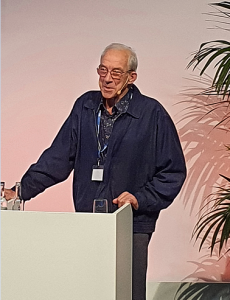
Over the years, the cardiologist Franklin Rosenfeldt has conducted research centered on Coenzyme Q10’s effect on heart function and heart surgery. Pictured here at the 2022 Hamburg conference.
Coenzyme Q10 and Cognitive Function
CoQ10 supplementation may have a positive effect on cognitive function. An Australian clinical study is testing this hypothesis [C. Stough]. The question in the CoQ10 field is: how does exogenous Coenzyme Q10 affect the brain if it does not cross the blood-brain barrier? [F. Rosenfeldt].
Possible answers from CoQ10 researchers in the audience:
by reducing number of inflammatory proteins crossing into the brain?
by improving the quantity and quality of the mitochondria in the blood crossing into the brain?
by improving endothelial function and thus improving blood pressure and blood fluidity?
by hdl-cholesterol’s transporting Coenzyme Q10 across the blood-brain barrier?
An in-vitro study done in London shows the transport of Coenzyme Q10 through the blood-brain barrier, in both directions, from the blood side to the brain side of the barrier and from the brain side to the blood side. In cases of normal CoQ10 levels, there is no net transfer of Coenzyme Q10 from the blood to the brain. In cases of Coenzyme Q10 deficiency, there is net CoQ10 transfer into the brain [I. Hargreaves].
Coenzyme Q10 and Statin Medications
The discontinuation of statin medications and the use of CoQ10 supplementation for heart failure patients has not had any adverse effects and has been helpful, based on the results of a study published in 2019 [P. Langsjoen].
Statin-associated cardiomyopathy exists as a common but unrecognized clinical condition. It can present as diastolic heart failure (HFpEF). Discontinuing statin treatment and initiating CoQ10 treatment can improve symptoms and heart function [P. Langsjoen, J. Langsjoen].
With the discontinuation of statin medications, daily dosages of 200 mg of Coenzyme Q10 twice daily, together with meals containing some fat, and, in difficult cases, up to 300 mg three times daily have been tested. Better absorption of the Coenzyme Q10 is achieved by having the patients chew the soft-gel capsules rather than swallow them [P. Langsjoen].
In stopping the patients’ statin treatment, cardiologists will need to monitor the use of anti-hypertensives, diuretics, and beta-blockers; they should expect changes over the course of months [P. Langsjoen].
Note: A review of the major trials of the effect of cholesterol lowering in heart failure patients shows no benefit [H. Kloer]:
GISSI-HF n=4631 (2008): no benefit
CORONA n=5011 (2007): no benefit
ODYSSEY OUTCOMES HF n=2815 HF vs 16109 controls (2022): no benefit

Prof. Placido Navas, Pablo de Olavide University, Sevilla, Spain, has presided over three successful ICQA conferences: Bologna 2015, New York 2018, and Hamburg 2022.
Conclusion: CoQ10 research follows rigorous standards
Prof. Navas, in his remarks at the conclusion of the conference, was especially proud of three accomplishments:
Improved selection of conference presenters from all the applicants
More participation by younger researchers
More female researchers
Sources
Kloer HU, Belardinelli R, Ruchong O, Rosenfeldt F. Combining Ubiquinol With a Statin May Benefit Hypercholesterolaemic Patients With Chronic Heart Failure. Heart Lung Circ. 2020 Feb;29(2):188-195.
Langsjoen PH, Langsjoen JO, Langsjoen AM, Rosenfeldt F. Statin-Associated Cardiomyopathy Responds to Statin Withdrawal and Administration of Coenzyme Q10. Perm J. 2019;23:18-257.
Stough C, Nankivell M, Camfield DA, Perry NL, Pipingas A, Macpherson H, Wesnes K, Ou R, Hare D, de Haan J, Head G, Langsjoen P, Langsjoen A, Tan B, Pase MP, King R, Rowsell R, Zwalf O, Rathner Y, Cooke M, Rosenfeldt F. CoQ10 and cognition a review and study protocol for a 90-day randomized controlled trial investigating the cognitive effects of ubiquinol in the healthy elderly. Front Aging Neurosci. 2019 May 29;11:103.
The information presented in this q10facts.com articles is not intended as medical advice and should not be used as such.
23 May 2022


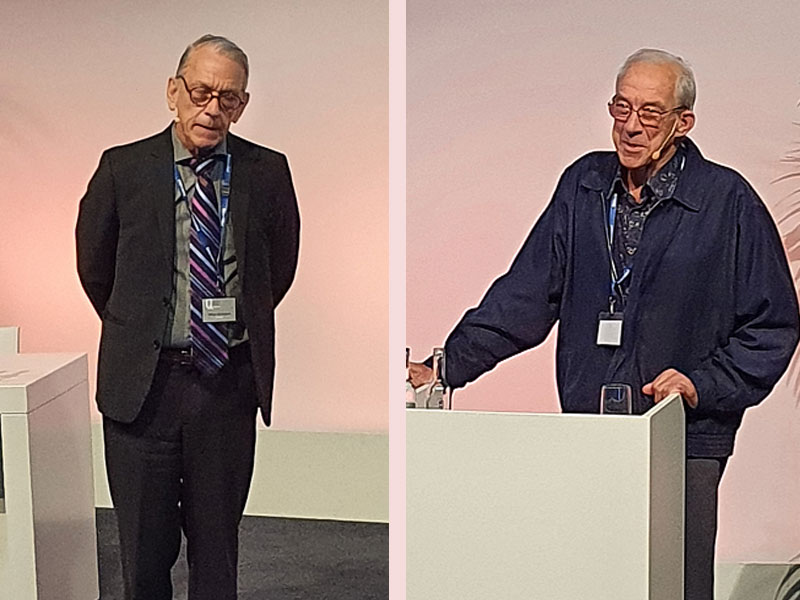


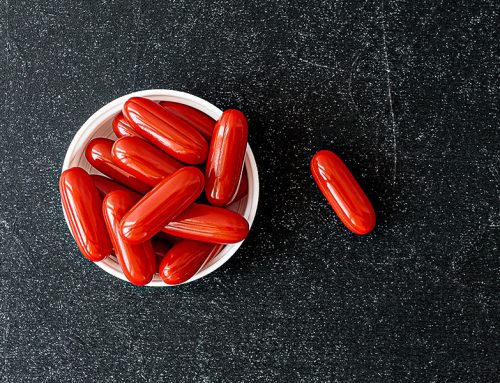


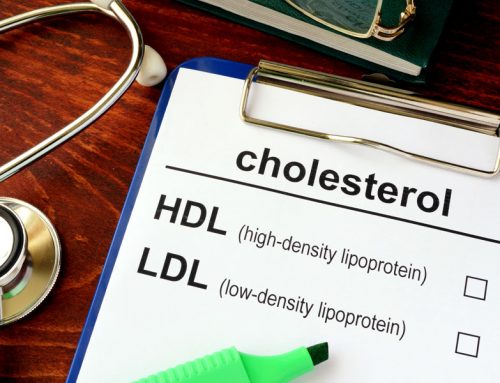
Leave A Comment